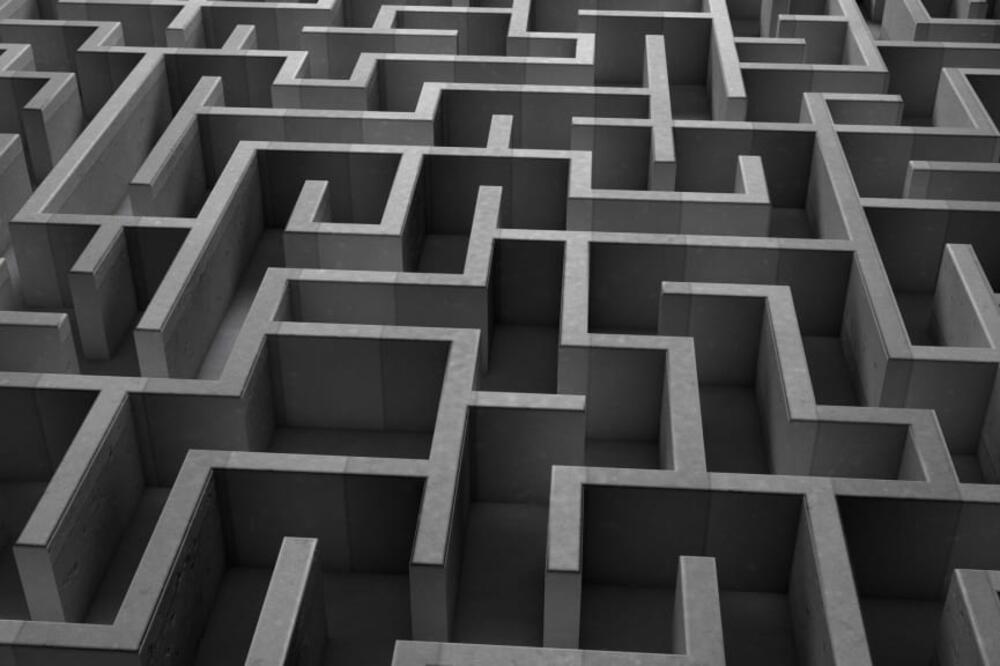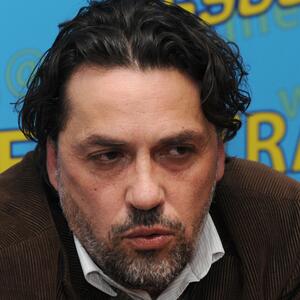Dr. Dimitrije Dimo Vujović: Contributions to the study of the Montenegrin national question
Montenegrins have never in their history assumed the interest of the state, their personal interest. Not even today. The modern concept of statehood, understood in the context of socialist political thought or today's neoliberal one, is not completely characteristic of Montenegrin society. And there is no other book written in our languages that explains in detail the simple fact that the Montenegrin state is a completely new historical creation that was constituted in the XNUMXth century. That book that demystifies all our misconceptions and ignorance and political wanderings in the XNUMXth century is Contributions to the study of the Montenegrin national question Dimitrija Dima Vujović. The truth hurts and the truth is silenced and quickly forgotten. This is why the truth is naked, and the delusion is dressed in colorful clothes - so that when we look at ourselves in the mirror, we are satisfied with our appearance. On the historical stage. That is why we are silent about this book.
Our current patriots, from both sides, Serbian and Montenegrin, should know that this state of Montenegro is not a simple continuation of the medieval Zeta state, nor the state of the Crnojevics. It is not their renewal either in form or in content. The traditions of the old states were and are present and have had a positive impact on the present. Those elements of the tradition of the old states were embedded in our society in the Middle Ages when we de facto did not have a state, and when these elements in principalities, brotherhoods and tribes formed Montenegrin individualism.
The birth process of the modern Montenegrin state exactly coincides with the birth and development process of civil society in Montenegro. Modern Montenegro recognized at the Berlin Congress was born as a result of the development of civil society, so its level and development are conditioned by the level of development of civil society. Montenegrin civil society was created in the fight against Turkish feudalism, which has a liberating character, and liberation from the constraints of tribal traditional society on the internal level. The creation of the Montenegrin state is not a single act of taking power, but an extremely long process that goes hand in hand with the class stratification of the peasant tribal society in Montenegro.
In Montenegro, for a long time, there were no domestic social forces that would form a state. At the turn of the XNUMXth and XNUMXth centuries, that role was taken over by the Cetinje Metropolitanate and tribal elders. The Metropolitanate of Cetinje has a spiritual and economic interest in preserving the ethnic unity, and because of this, the bishops become the first political figures in the modern sense of the term. Also, tribal captains have an economic and political interest in that age, because then there is a stratification of tribal private property (communes) into private property that is the object of their wealth. In those conditions of the emergence of a civil society without cities, the tradition through a common national memory of a common ethnic origin with other Serbian tribes, translated into folk customs, served as a cohesive factor.
Therefore, the obvious dualism of the Montenegrins' national being that is manifested these years, and which is very skilfully used and deepened by the political elites both at home and abroad, has historical roots. The Montenegrin national being and its state are in the process of being built even in today's age. And when you hear the shout "Let there be eternal and Serbian Sparta", keep in mind that these are two sides of the same coin.
Another example is very significant for this claim. Nowhere in Europe have different movements and ideas been received, as in Montenegro. See the Thirteenth of July Uprising and its collapse. Chetnik movement and deviation across the Wall Bridge. They are all sons and daughters of this nation who reacted differently on different occasions.
Krsto Popović is the true paradigm of this nation and this state of Montenegro. From an insurgent to someone who was pardoned by King Aleksandar Karađorđević and given a pension, only to be killed and declared a war criminal by the new builders of the new state of Montenegro. It's all us. In the process of the formation of the Montenegrin nation, which even today, in the summer of God's year 2020, is breaking through and trying to understand itself.
Bonus video:





